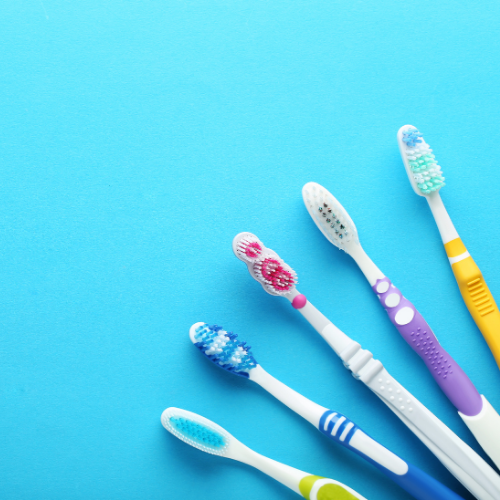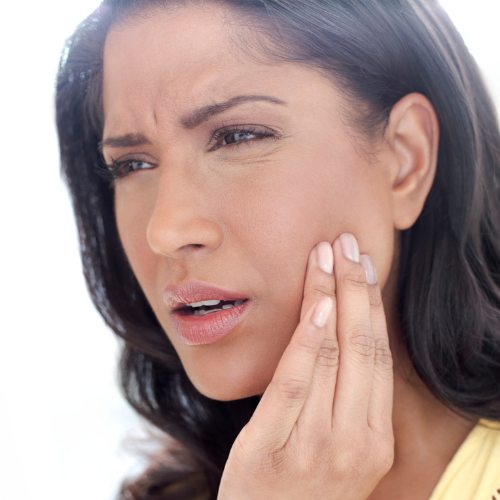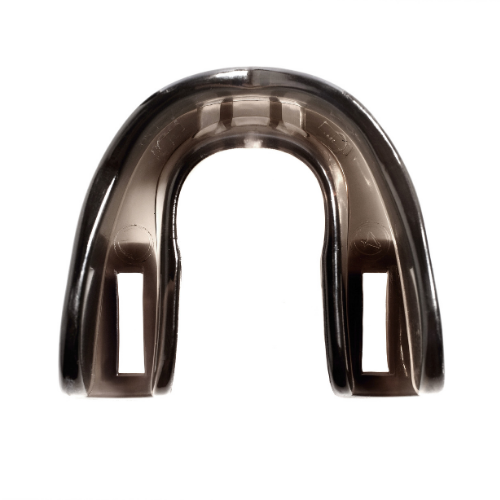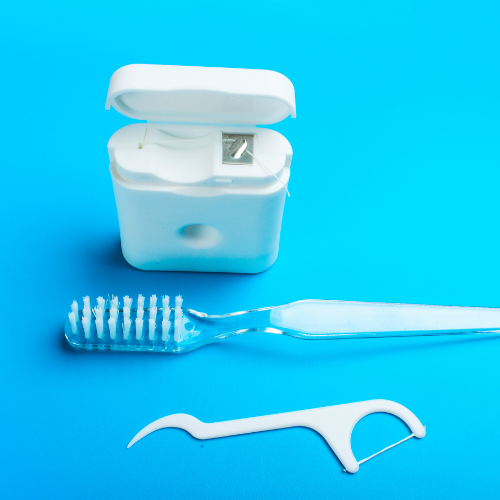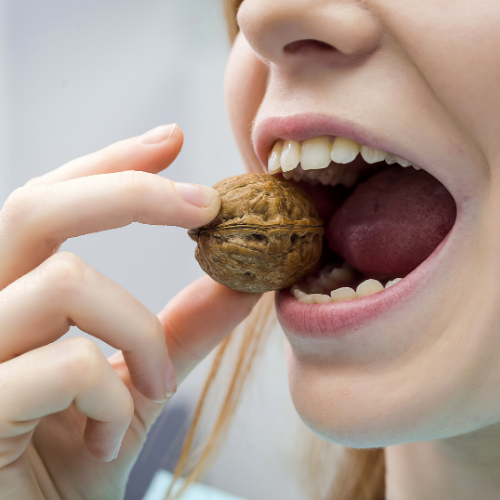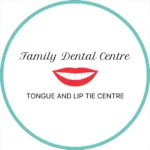Never before has there been such a dizzying array of toothbrushes on the market. Consumers are inundated with new designs, materials, attachments, and colors. Whatever toothbrush design you choose, the most important thing is that you use the toothbrush at least 2-3 times a day. Moreover, how long you spend brushing your teeth is as
read more
An estimated sixty-five percent of Americans have bad breath. Over forty-million Americans have “chronic halitosis,” which is persistent bad breath. Ninety percent of all halitosis is of oral, not systemic, origin. Americans spend more than $1 billion a year on over the counter halitosis products, many of which are ineffective because they only mask the
read more
People who grind their teeth can sometimes develop a serious problem with their jaw, which left untreated, can adversely affect the teeth, gums and bone structures of the mouth. One of the most common jaw disorders is related to a problem with the temporomandibular joint, the joint that connects your lower jaw to your skull,
read more
More and more people are avoiding the need for dentures as they grow older, going against the notion that false teeth are a normal part of growing older. In fact, there’s usually no reason for you NOT to keep your teeth your entire life, providing you maintain a healthy balanced diet and practice good oral
read more
Saliva is one of your body’s natural defenses against plaque because it acts to rinse your mouth of cavity-causing bacteria and other harmful materials. Dry mouth (also called Xerostomia) is a fairly common condition that is caused by diminished saliva production. People with medical conditions, such as an eating disorder or diabetes, are often plagued
read more
Anyone who participates in a sport that carries a significant risk of injury should wear a mouth protector. Sports like basketball, baseball, gymnastics, and volleyball all pose risks to your gum tissues, as well as your teeth. We usually think of football and hockey as the most dangerous to the teeth, but nearly half of
read more
Dental floss comes in a variety of colors, materials and even flavors. Waxed varieties slide through the teeth, allowing people with extremely tight spaces to floss more easily. Popular flavors of floss include wintergreen and cinnamon. Waxed floss does tend to fray more than unwaxed floss. A type of material called dental tape can be
read more
Special thin laminates, called veneers, can often be used to correct discolored, worn down, cracked and chipped teeth. Veneers can also be used to close unsightly gaps between teeth. Stronger types of veneers made of porcelain, also called composite veneers, typically last longer because they are bonded to the tooth. Another process called bonding can
read more
People living with diabetes are vulnerable to a host of systemic problems in their entire body. Unfortunately, the mouth and teeth are not immune from such problems, and many diabetics with oral problems go undiagnosed until conditions become advanced. Infections and other problems such as receding gums and gum disease, or periodontal disease, are common
read more
Dentistry has advanced to the point in which pain is almost a thing of the past. Powerful pain-killing medications known as anesthetics not only help a patient avoid discomfort during a procedure, but post-operatively as well. Some patients, especially children, may require higher doses of anesthetic than others. Types of pain-killing medications include: Analgesics – These
read more
